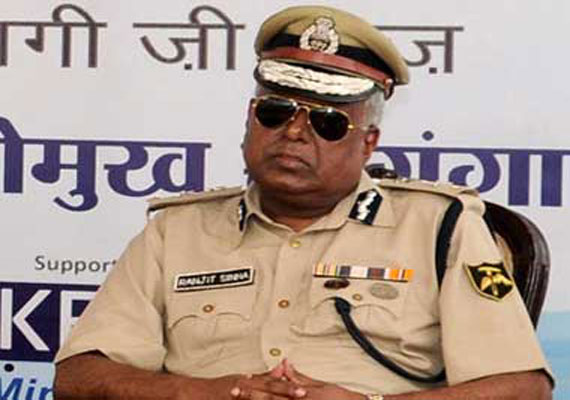
New Delhi, December 4: Taking charge as the new CBI director on Monday, senior IPS officer Ranjit Sinha, 59, dismissed the controversy over his selection. “I don’t think there is any controversy. I think the government has taken a decision and because of that decision I am here,” he said.
Sinha rubbished reports of resentment among IPS officers over his appointment.
“I don’t think there’s any resentment among IPS officers. I do not know who filed a petition or complaint against me. It is the prerogative of the government,” he said when asked about petitions filed against his appointment. He said the decision to increase the tenure of CBI director is a policy matter and at present, it is two years.
Sinha quoted Issac Newton: “I could see farther only because I stood on the shoulders of giants”. “It is with deep sense of responsibility that I take charge of the prestigious office of the Director, CBI. I feel very honoured and at the same time I am also humbled at the important task bestowed over to me. The CBI is the nation’s premier agency for investigating corruption and crime,” Sinha said, adding that his emphasis would be on addressing delays in execution of Letters Rogatory and improving forensic capabilities of the agency.
A 1974-batch Bihar cadre officer, Sinha succeeds A P Singh who retired on November 30. Appointed as the 25th CBI Director, Sinha had earlier served in the agency as DIG and Joint Director.
A controversy had erupted over his appointment with the BJP demanding that PM Manmohan Singh put it on hold, citing a recommendation by a Rajya Sabha Select Committee on Lokpal that the selection be made by a collegium. The PM rejected the BJP’s demand and termed as “unwarranted” the charge that the decision was to preempt the procedure recommended by the Committee.





Comments
Add new comment